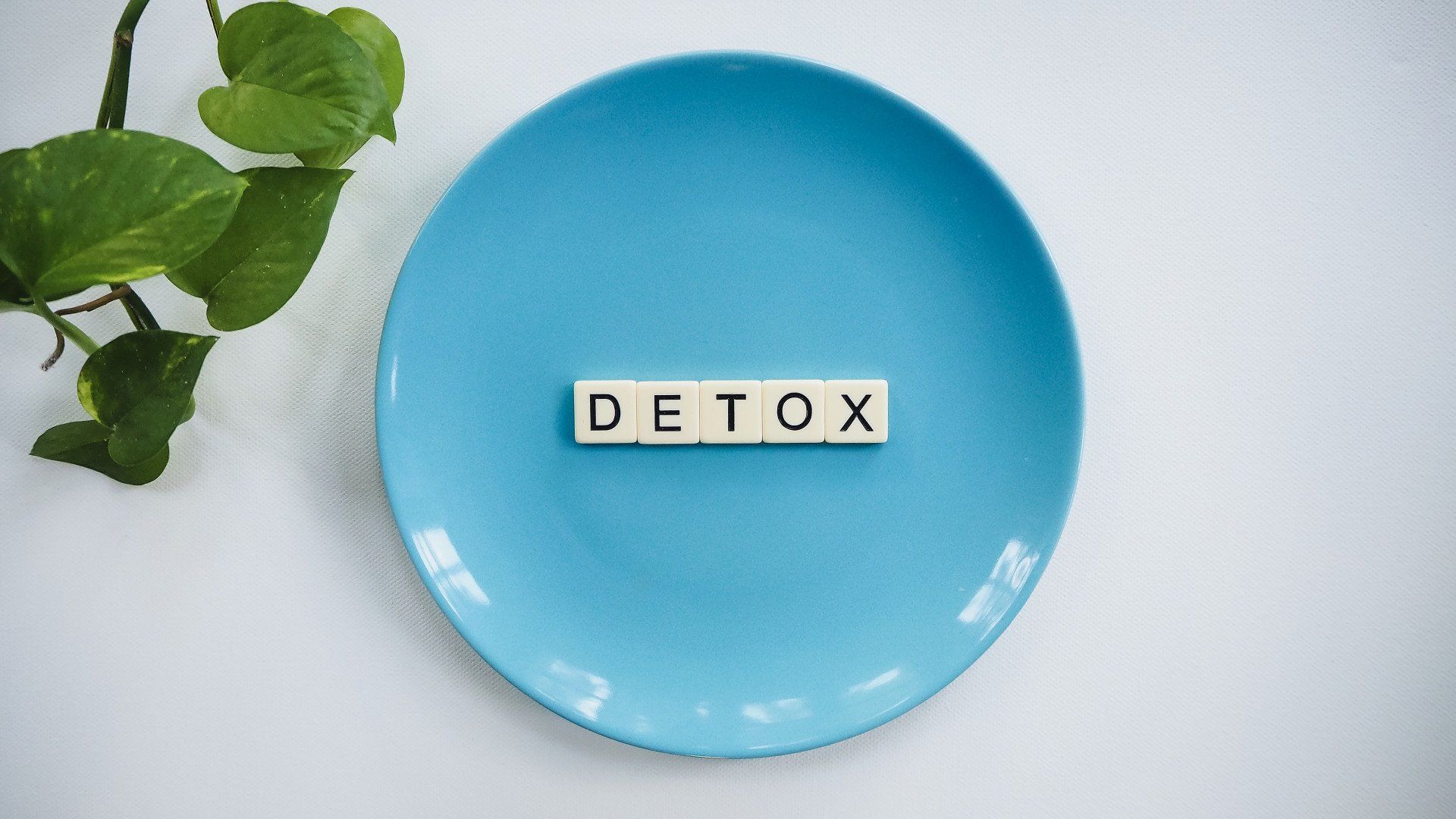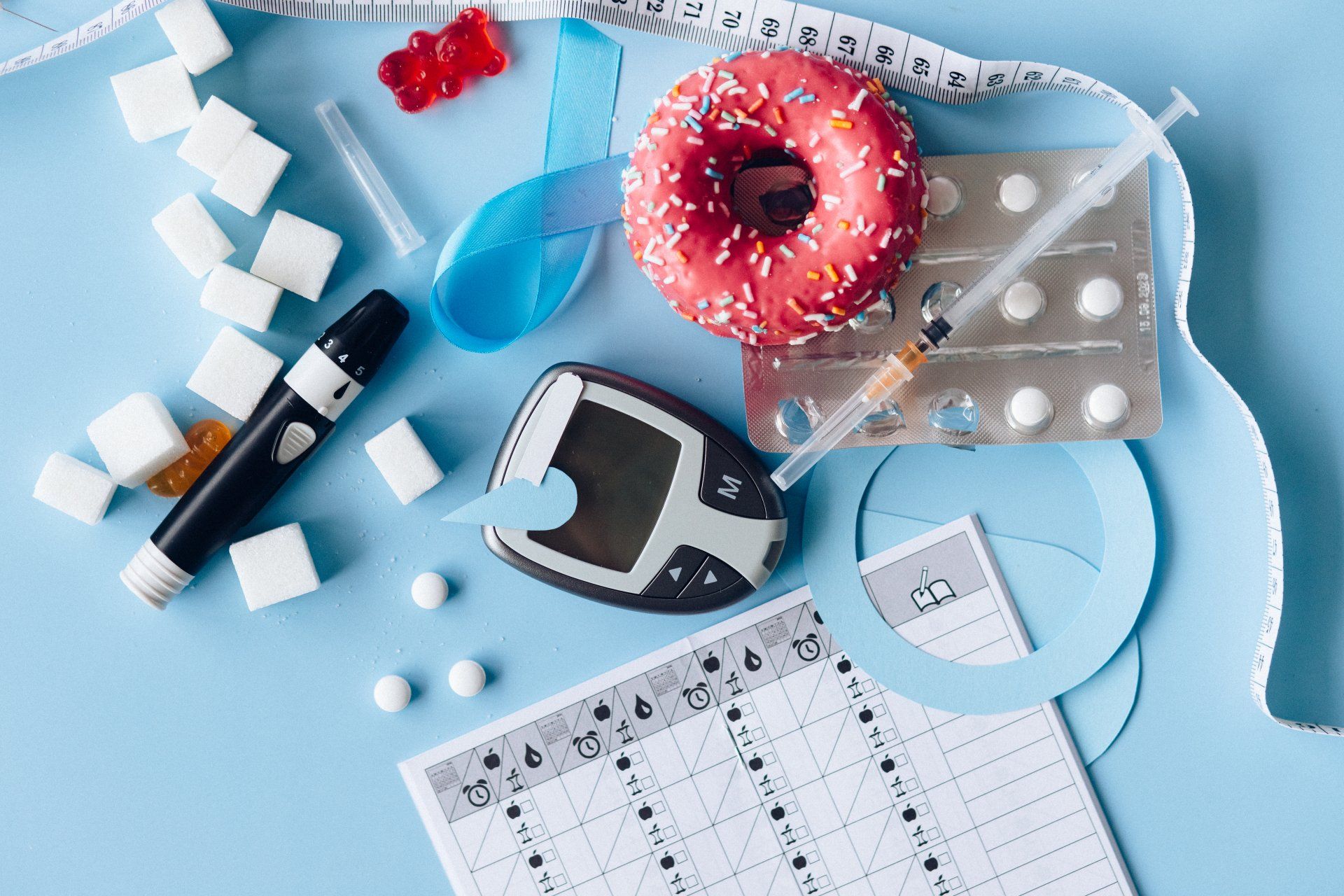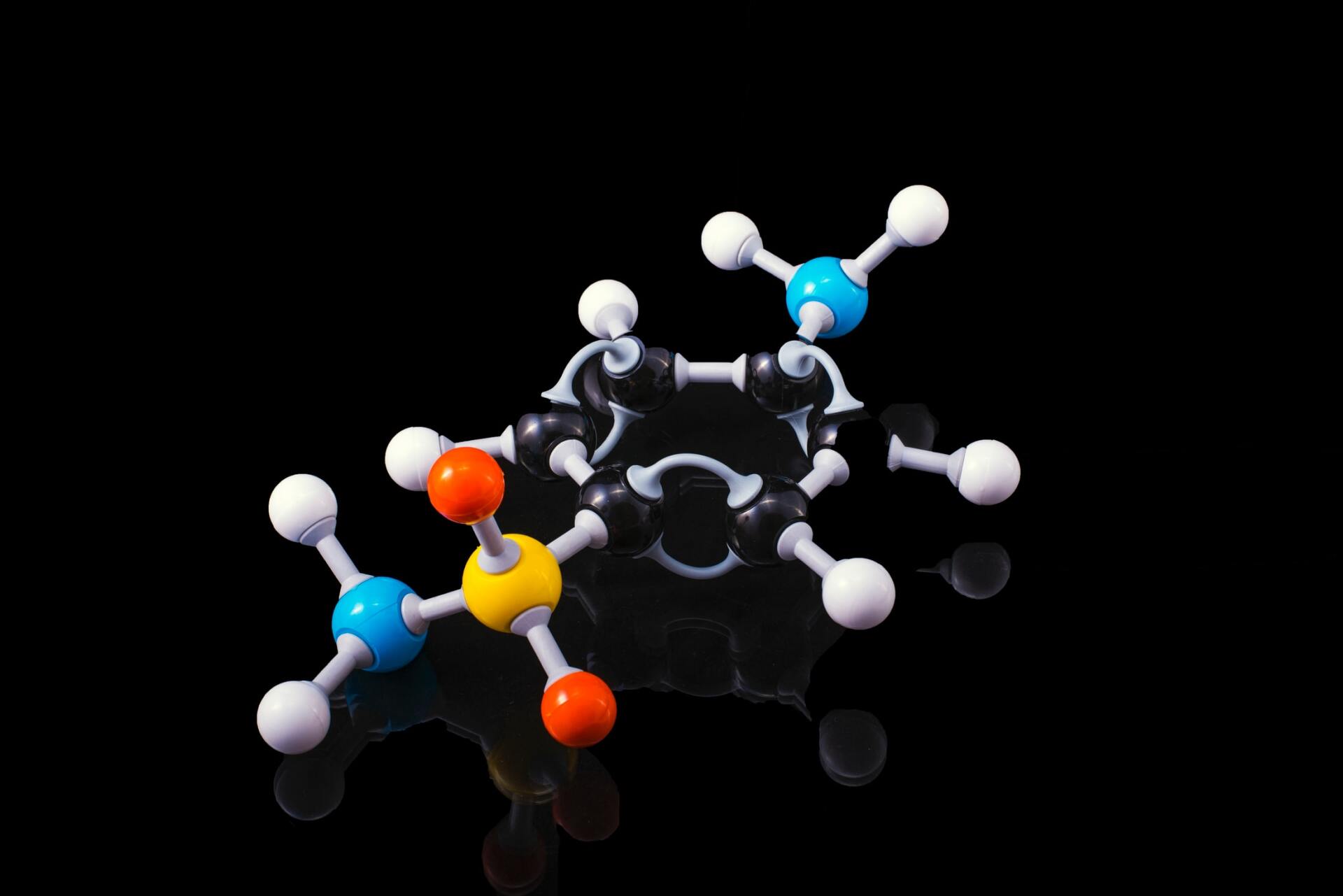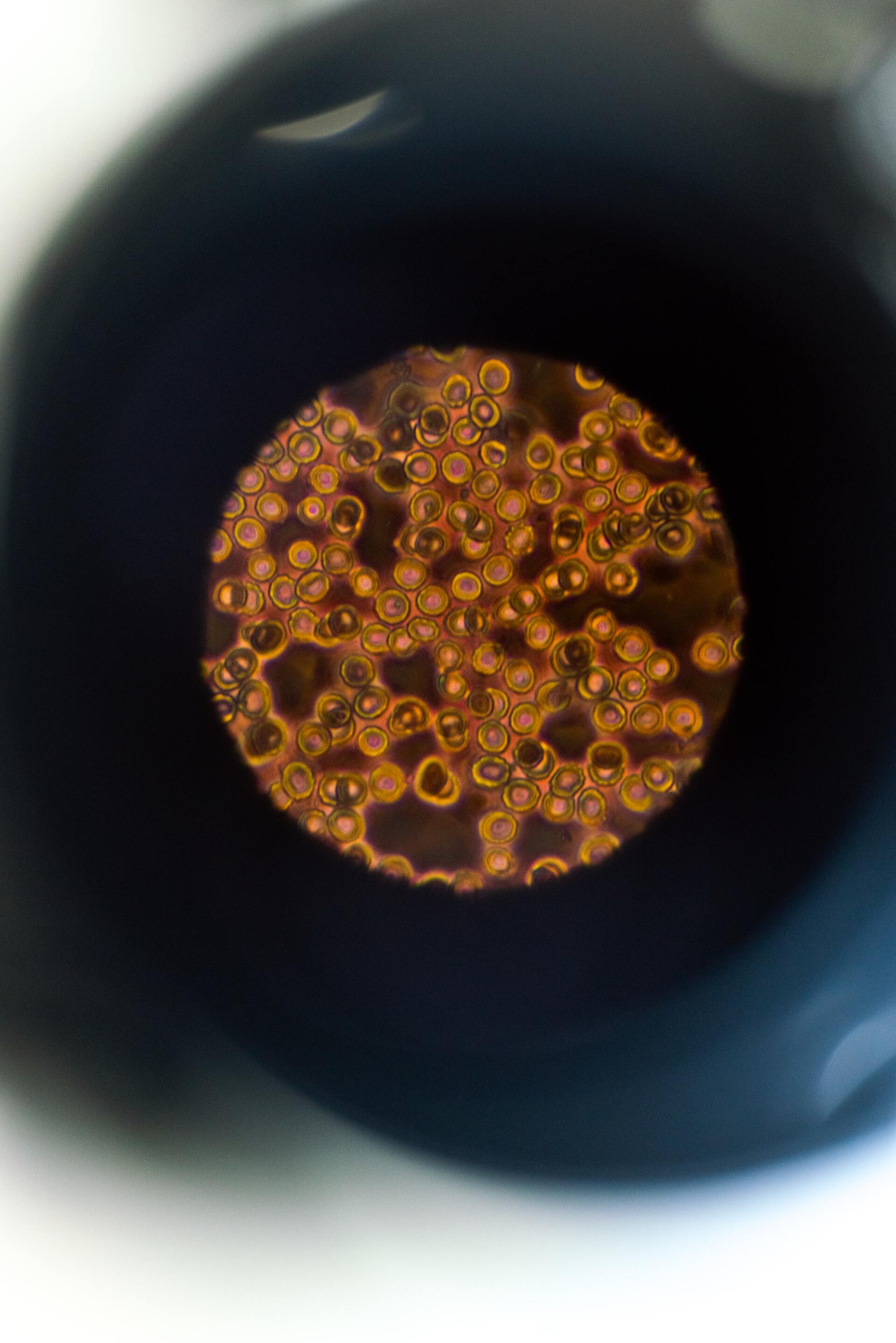Gut Microbiome
This is home base for the bacteria in your digestive tract. Here, they help you break down food and turn nutrients into things your body can use. They stop growing when they run out of food, so you'll only have what you need.
Fighting the Good Fight
In the gut microbiome, the “good” bacteria do more than just help with digestion. They help keep your “bad” bacteria in check. They multiply so often that the unhealthy kind don't have space to grow. When you have a healthy balance of bacteria in your gut, it’s called equilibrium.
Unhealthy Balance
It has been found that if you have too much of a certain kind of bad bacteria in your gut microbiome, you're more likely to have:
- Crohn’s disease
- Ulcerative colitis
- Irritable bowel syndrome (IBS)
Gut Bacteria and Your Heart
Some kinds of gut bacteria may be part of the link cholesterol has to heart disease. When you eat foods like red meat or eggs, those bacteria make a chemical that your liver turns into something called TMAO (trimethylamine-N-oxide). TMAO may help cholesterol build up in your blood vessels. Researchers are studying a natural substance called DMB that’s in olive and grapeseed oil. They think it might keep your bacteria from making TMAO.
Gut Bacteria and Your Kidneys
Too much TMAO also may lead to chronic kidney disease. People who have the disease don’t get rid of TMAO like they should. That surplus can lead to heart disease. Researchers think it’s possible that too much TMAO might make you more likely to have chronic kidney disease in the first place.
Gut Bacteria and Your Brain
Your brain sends messages all over your body. Researchers believe your gut may talk back. Studies show that the balance of bacteria in the gut microbiome may affect your emotions and the way your brain processes information from your senses, like sights, sounds, flavors, or textures.
Scientists suspect that changes in that balance may play a role in conditions like autism spectrum disorder, anxiety, and depression, as well as chronic pain.
Gut Bacteria and Obesity
An unhealthy balance in your gut microbiome may cause crossed signals from your brain when it comes to feeling hungry or full. Researchers think there may be a link to the pituitary gland, which makes hormones that help set your appetite. That gland can affect the balance of bacteria in your gut, too.
Can You Change Your Gut Bacteria?
You get your gut microbiome at birth, and the world around you affects it as you grow up. It’s also influenced by what you eat. That’s why it can be different depending on where you live -- and why you may be able to tilt the balance a bit.
Probiotics
Found in some foods, these are “good” bacteria like the ones already in your gut. They can add to the bacteria in your intestinal tract and help keep everything in balance. But they’re not all the same. Each type works in its own way and can have different effects on your body.
How Can Probiotics Help?
They can make your immune system stronger. They may boost gastrointestinal health, too, especially if you have something like irritable bowel syndrome. Some probiotics also may help ease allergy symptoms and help with lactose intolerance. But because our gut microbiomes are unique, if and how they work can be different for everyone.
Sources of Probiotics
You can find them in dairy products like yogurt and aged cheeses. Look on the ingredients list for live cultures of bacteria like bifidobacterial and lactobacilli. They're also in fermented vegetables, like kimchi and sauerkraut, and pickled vegetables, like onions and gherkins.
Prebiotics
Think of these as a food source for probiotics. They may help your body take in calcium better and boost the growth of helpful bacteria in your gut.
They’re found in fruits and vegetables, like:
- Bananas
- Onions
- Garlic
- Leeks
- Asparagus
- Artichokes
- Soybeans
You can also get them in foods with whole wheat.
Synbiotics
Probiotics can boost the growth of good bacteria, and prebiotics are good for probiotics. When you combine the two, it’s a synbiotic. The idea behind them is to help probiotics live longer. You can make synbiotic combinations with things like bananas and yogurt or stir-fry asparagus with tempeh.
Other Ways to Change Gut Bacteria
There may be other ways to change your gut microbiome and treat things tied to its balance. For example, fecal transplants (exactly what it sounds like) change your gut bacteria to treat things like C. diff and ulcerative colitis. A device called deep transcranial magnetic stimulation (dTMS) uses a coil put on the scalp to stimulate the brain and change gut bacteria. It shows promise for treating obesity.
7 Signs of an unhealthy gut
Many facets of modern life such as high stress levels, too little sleep, eating processed and high-sugar foods, and taking antibiotics can all damage our gut microbiome. This in turn may affect other aspects of our health, such as the brain, heart, immune system, skin, weight, hormone levels, ability to absorb nutrients, and even the development of cancer.
There are a number of ways an unhealthy gut might manifest itself. Here are seven of the most common signs:
1. Upset stomach
Stomach disturbances like gas, bloating, constipation, diarrhea, and heartburn can all be signs of an unhealthy gut. A balanced gut will have less difficulty processing food and eliminating waste.
2. A high-sugar diet
A diet high in processed foods and added sugars can decrease the amount of good bacteria in your gut. This imbalance can cause increased sugar cravings, which can damage your gut still further. High amounts of refined sugars, particularly high-fructose corn syrup, have been linked to increased inflammation in the body. Inflammation can be the precursor to a number of diseases and even cancers.
3. Unintentional weight changes
Gaining or losing weight without making changes to your diet or exercise habits may be a sign of an unhealthy gut. An imbalanced gut can impair your body’s ability to absorb nutrients, regulate blood sugar, and store fat. Weight loss may be caused by small intestinal bacterial overgrowth (SIBO), while weight gain may be caused by insulin resistance or the urge to overeat due to decreased nutrient absorption.
4. Sleep disturbances or constant fatigue
An unhealthy gut may contribute to sleep disturbances such as insomnia or poor sleep, and therefore lead to chronic fatigue. The majority of the body’s serotonin, a hormone that affects mood and sleep, is produced in the gut. So gut damage can impair your ability to sleep well. Some sleep disturbances have also been linked to risk for fibromyalgia.
5. Skin irritation
Skin conditions like eczema may be related to a damaged gut. Inflammation in the gut caused by a poor diet or food allergies may cause increased “leaking” of certain proteins out into the body, which can in turn irritate the skin and cause conditions such as eczema.
6. Autoimmune conditions
Medical researchers are continually finding new evidence of the impact of the gut on the immune systemTrusted Source. It’s thought that an unhealthy gut may increase systemic inflammation and alter the proper functioning of the immune system. This can lead to autoimmune diseases, where the body attacks itself rather than harmful invaders.
7. Food intolerances
Food intolerances are the result of difficulty digesting certain foods (this is different than a food allergy, which is caused by an immune system reaction to certain foods). It’s thought that food intolerances may be caused by poor quality of bacteria in the gut. This can lead to difficulty digesting the trigger foods and unpleasant symptoms such as bloating, gas, diarrhea, abdominal pain, and nausea. There is some evidence that food allergies may also be related to gut health.
7 Things you can do for your gut health
1. Lower your stress levels
Chronic high levels of stress are hard on your whole body, including your gut. Some ways to lower stress may include meditation, walking, getting a massage, spending time with friends or family, diffusing essential oils, decreasing caffeine intake, laughing, yoga, or having a pet. Here are 10 ways to reduce feeling stressed.
2. Get enough sleep
Not getting enough or sufficient quality of sleep can have serious impacts on your gut health, which can in turn contribute to more sleep issues. Try to prioritize getting at least 7–8 hours of uninterrupted sleep per night. Your doctor may be able to help if you have trouble sleeping.
3. Eat slowly
Chewing your food thoroughly and eating your meals more slowly can help promote full digestion and absorption of nutrients. This may help you reduce digestive discomfort and maintain a healthy gut.
4. Stay hydrated
Drinking plenty of water has been shown to have a beneficial effect on the mucosal lining of the intestines, as well as on the balance of good bacteria in the gut. Staying hydrated is a simple way to promote a healthy gut.
5. Take a prebiotic or probiotic
Adding a prebiotic or probiotic supplement to your diet may be a great way to improve your gut health. Prebiotics provide “food” meant to promote the growth of beneficial bacteria in the gut, while probiotics are live good bacteria. People with bacterial overgrowth, such as SIBO, should not take probiotics. Not all probiotic supplements are high quality or will actually provide benefit. It’s best to consult your healthcare provider when choosing a probiotic or prebiotic supplement to ensure the best health benefit.
6. Check for food intolerances
If you have symptoms such as cramping, bloating, abdominal pain, diarrhea, rashes, nausea, fatigue, and acid reflux, you may be suffering from a food intolerance. You can try eliminating common trigger foods to see if your symptoms improve. If you are able to identify a food or foods that are contributing to your symptoms, you may see a positive change in your digestive health by changing your eating habits.
7. Change your diet
Reducing the amount of processed, high-sugar, and high-fat foods that you eat can contribute to better gut health. Additionally, eating plenty of plant-based foods and lean protein can positively impact your gut. A diet high in fiber has been shown to contribute tremendously to a healthy gut microbiome.
Eat, sleep, and be healthy
The human gut is more complex than previously thought and has a huge impact on whole-body health. A healthy gut contributes to a strong immune system, heart health, brain health, improved mood, healthy sleep, and effective digestion, and it may help prevent some cancers and autoimmune diseases. There are a number of lifestyle changes you can make to positively affect your gut health and your overall health as a result.
Thank you for your support in reading this article and hopefully, you have found it beneficial.
"Providing Better Health Through Knowledge"












